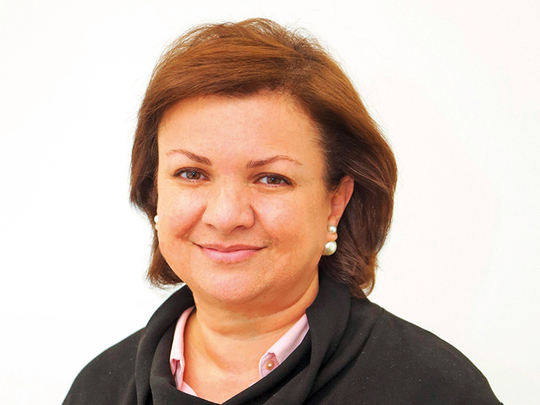
Dubai: The Middle East was ranked, yet again, as the easiest place in the world in which to pay taxes, according to the latest edition of Paying Taxes 2018, a report by The World Bank Group and PwC.
The use of technology, by business and government, in tax compliance is driving continued simplification and reduction in the burden of tax compliance on businesses, the report said.
Released on Tuesday in Dubai, the research finds that the time to comply declined by five hours to 240 hours; and the number of payments declined by one, to 24 payments.
Globally, the Total Tax and Contribution Rate (TTCR) increased by 0.1 percentage points, to 40.5 per cent; with the largest increases resulting from corporate income taxes and turnover taxes.
On the other hand, the Middle East region continues to have the lowest TTCR and time to comply, reflecting the relatively few taxes levied on the case study company and a reliance on other sources of government revenues. The report also finds that the average Total Tax & Contribution Rate is 24.0 per cent in the Middle East region; and it takes the company an average of 154 hours to comply with its tax obligations, a fall of three hours from last year and it makes an average of 17.2 payments.
The Paying Taxes 2018 report examines the ease of paying taxes in 190 economies. The report models business taxation in each economy using a medium-sized domestic case study company.
Countries in the Gulf Co-operation Council (GCC) have developed a reputation for taking on ambitious projects with accelerated timelines, and the introduction of VAT looks to be another such project, a statement from PwC said.
This is especially true as two of the countries, Bahrain and the UAE, have limited tax history, jurisprudence or administrative infrastructure. With an excise tax system also being introduced — this marks a major transformation by any measure, they added.
The GCC has performed well to date on the Paying Taxes sub-indicators, due in part to the low number of taxes in these GCC countries. The introduction of VAT will increase the number of taxes in the countries with a corresponding impact on the time and payments indicators.
Jeanine Daou, Partner and Middle East Leader for Indirect Taxes and Fiscal Policy, PwC said in a separate statement: “It is both a challenging and exciting time for the region — VAT implementation presents a number of opportunities that will strengthen the economy. Technology and innovation should be high on governments’ agendas in order to make this process as effective and transparent as possible.”
She added: “The introduction of new taxes in any society involves a period of adjustment for taxpayers and the public at large; there will inevitably be a period of transition. Post January 1, 2018, the use of knowledgeable teams and efficient processes and technology will be critical in ensuring a workable transition.”








